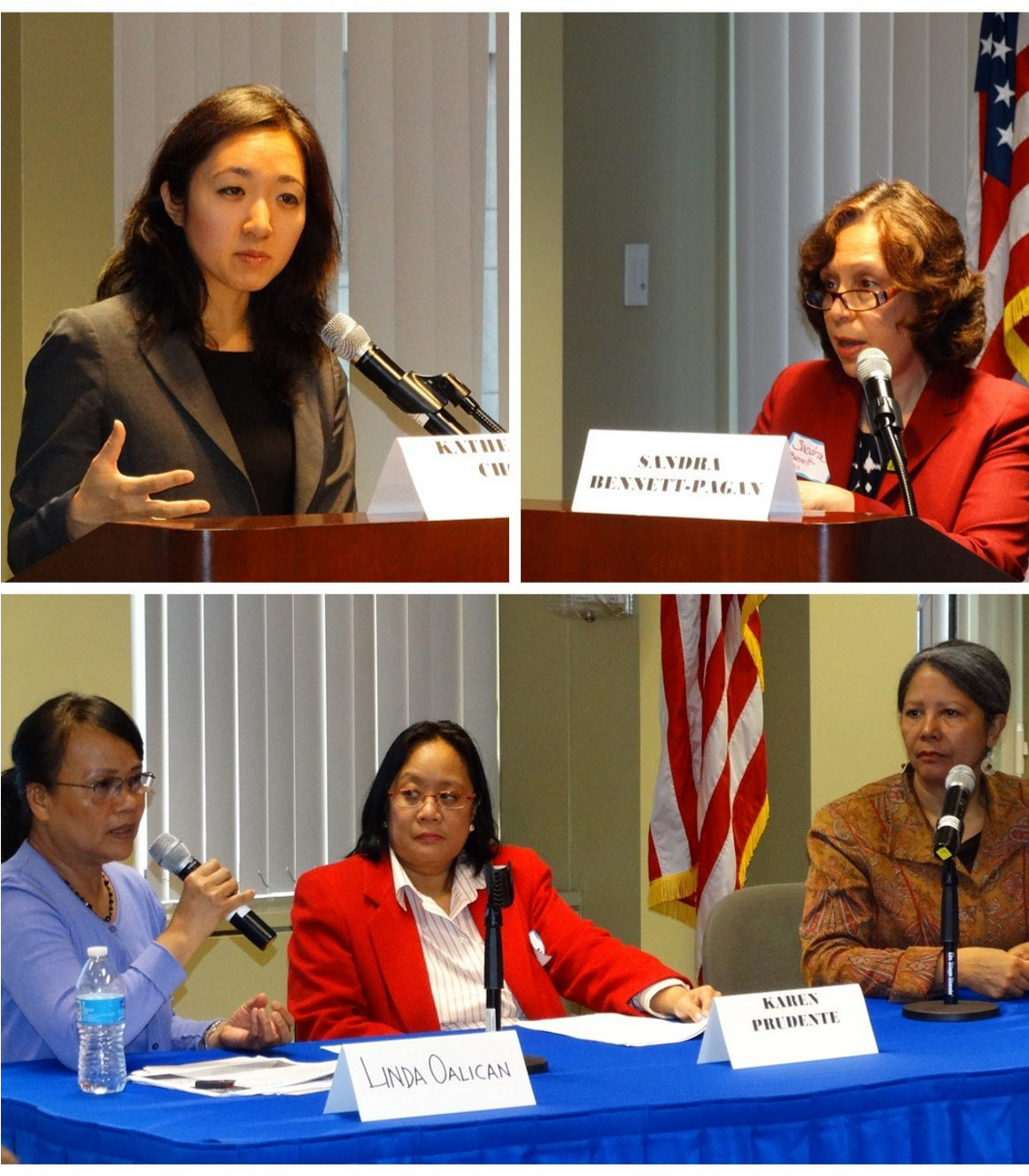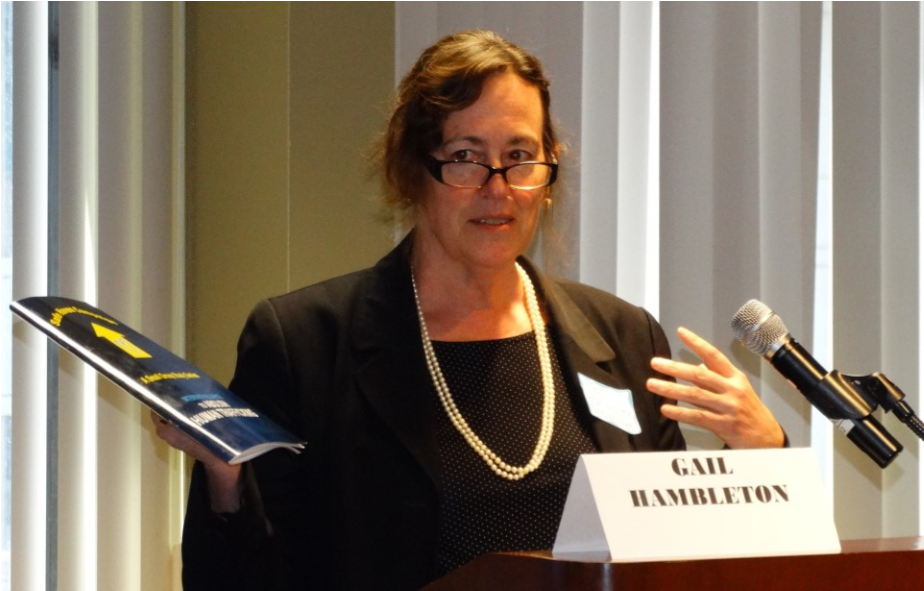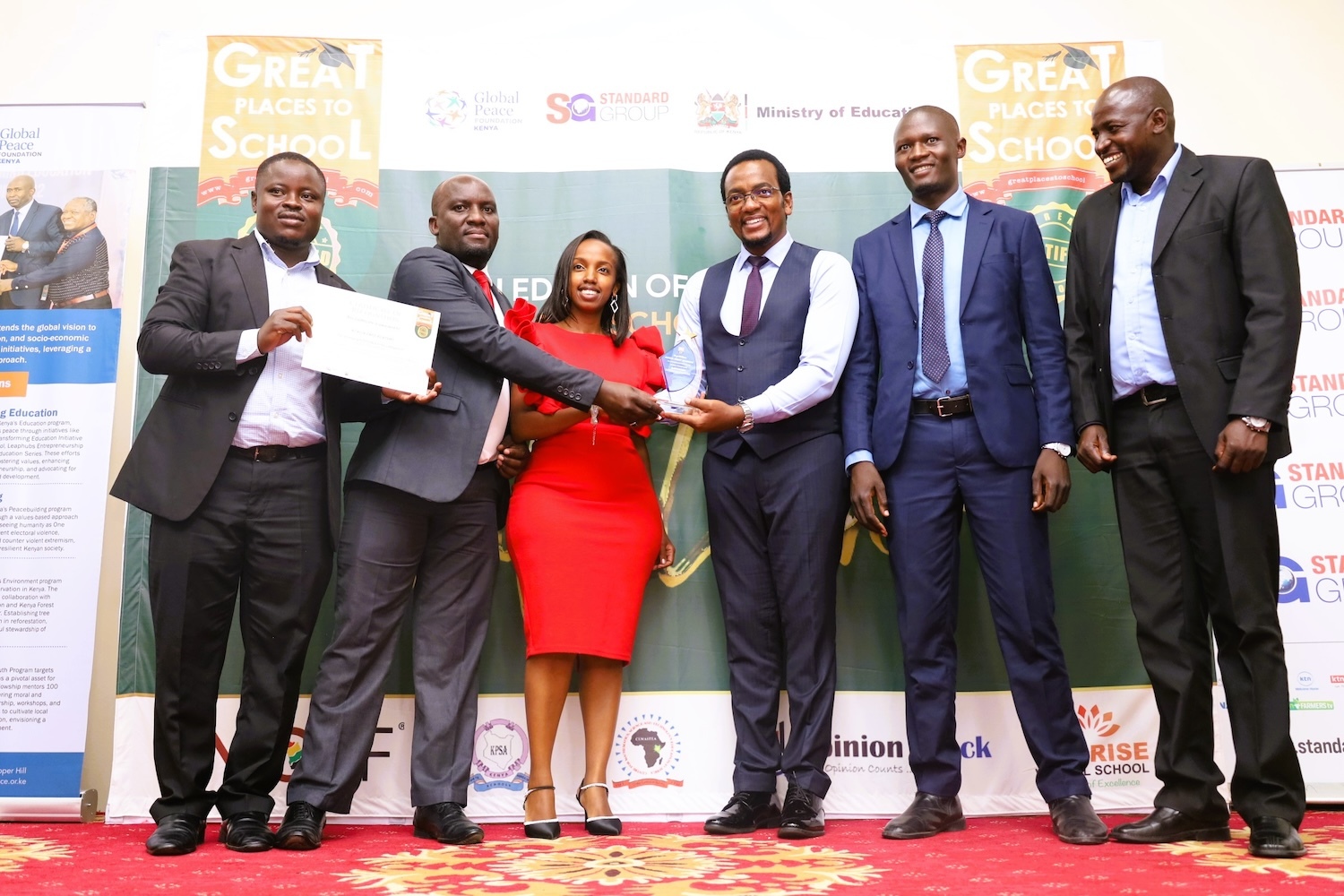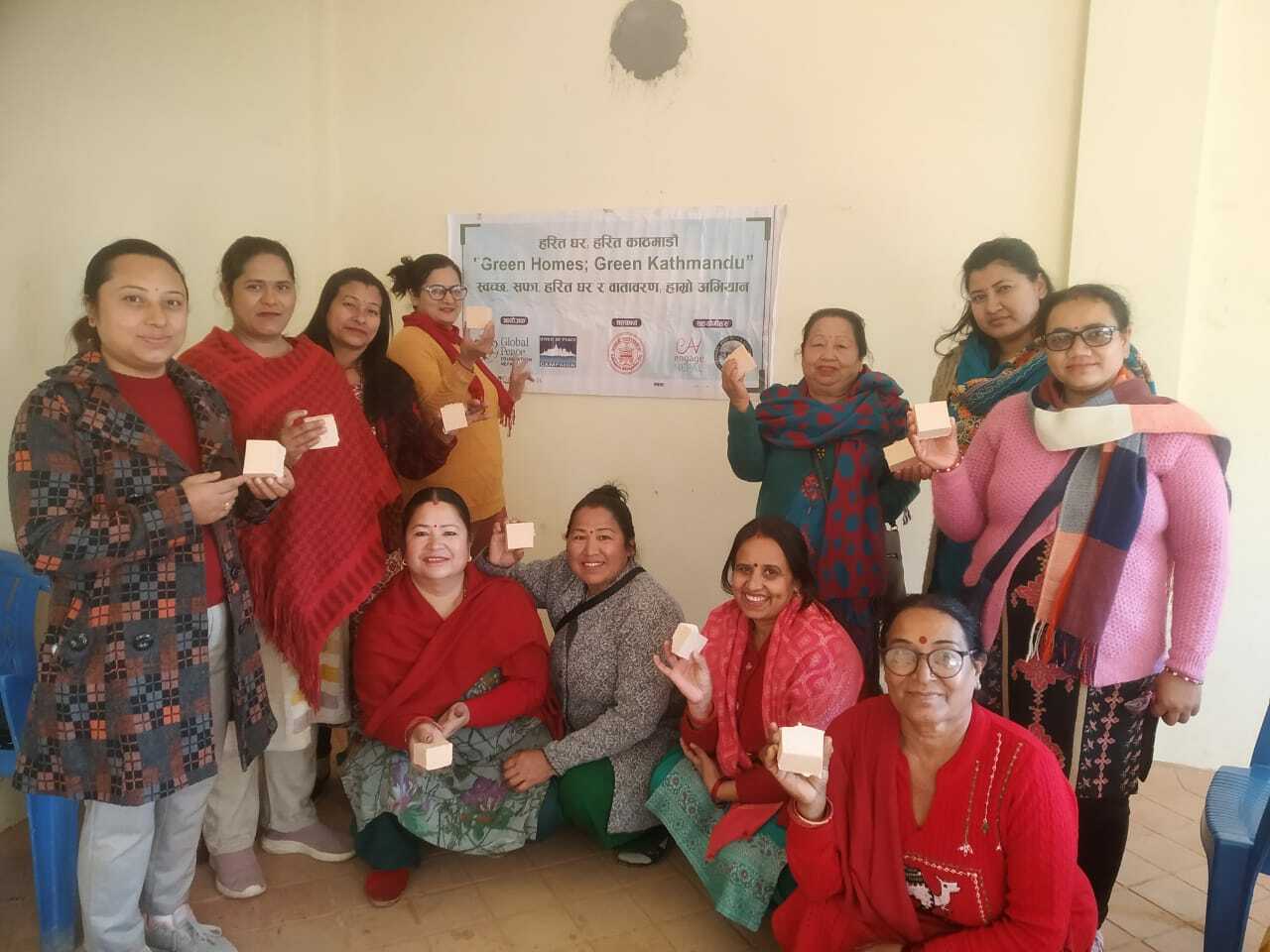Coordinated Strategies Presented at New York Forum

Faith leaders, government officials and health professionals address a forum in New York to combat human trafficking.
Some 100 faith leaders, government officials, and health professionals from the New York region gathered at the Jacob K. Javits Federal Building in Manhattan on May 1, 2014 to raise awareness and coordinate effective responses to the growing crisis of human trafficking in the United States.
The forum, “Engaging Faith Communities: Ending Human Trafficking,” emphasized the singular role of faith communities and organizations in supporting government efforts to assist victims of trafficking. New York is both a major domestic source for trafficking and a destination for trafficked victims that originate from over 60 countries. According to a 2011 FBI bulletin, some 300,000 American children are at risk of becoming victims of sex traffickers.
Joyce A. Thomas, Region II Administrator for the U.S. Department of Health and Human Services Administration for Children and Families (ACF), welcomed the diverse participants and presented the forum’s objectives. Human trafficking, she said, can only be addressed through connections across state and local government and civic organizations. Part of ACF’s mission, she added, is to create such partnerships to ensure the “economic independence and healthy development of children and families.”
“Events like today are so important because it is up to local communities to counter the messages that the traffickers have said to victims of trafficking—that no one else cares.”
In her keynote speech, Katherine Chon, co-founder of the Polaris Project and Senior Advisor on Trafficking in Persons at the US Department of Health and Human Services, emphasized the need for collaborative efforts to end what she called “modern-day slavery.” She emphasized the importance of local community bridges to enhance government efforts. “Events like today are so important because it is up to local communities to counter the messages that the traffickers have said to the victims of trafficking—that no one else cares.”
She urged a cultural shift away from a society where people are “objectified, used and abused by others,” which enables traffickers to entrap victims. “We need to send the message that we do care, and should [victims] choose to leave we can find a place for them.” Ms. Chon noted that efforts like the Polaris Project and Global Peace Foundation’s Safe Haven project provide communities with tools to transition the culture to make it less hospitable to traffickers.
The panel “Faith-based and Community Activities on Human Trafficking Prevention and After-care Services” presented various approaches to trafficking prevention and aftercare of victims. Karen Prudente, Former Vice President of United Methodist Women, New York District, presented a model of using existing networks to inform and educate people on the grassroots level. Linda Oalican, Overall Coordinator and Community Coordinator of DAMAYAN: Migrant Workers Association, Inc., presented eye-opening accounts of the widespread abuse of foreign workers in the United States.
Dr. Angela Diaz, Director of Mt. Sinai Hospital Adolescent Health Center, spoke about the challenges of aftercare and reintegration of trafficked victims. “We need to promote the safety, respect, acceptance of the trafficking and abuse survivors so they can have opportunities to develop skills as well as to be empowered to become leaders,” she said. She pointed out that trafficking is a complex problem strongly related to fragile families and communities.
Gail Hambleton, Vice President of Global Peace Foundation (GPF) USA, presented the work of Safe Haven Communities, an initiative of GPF-USA that focuses on training faith communities to become agents to counter human trafficking. Mrs. Hambleton said “awareness is prevention” and that Safe Haven’s Study Series Workbook and DVD serve as a “Human Trafficking 101” for faith communities and civic organizations.
“We must not watch idly as others are violated. Indeed, we are commanded to redeem the captive, enforce a fair labor system and take care of the most vulnerable among us.”

Gail Hambleton, Vice President of Global Peace Foundation (GPF) USA
As a project of the Global Peace Foundation, Safe Haven Campaign: Interfaith Alliance to Abolish Human Trafficking incorporates the vision of One Family under God as a framework to care for every person, beyond the differences of race, religion and nationality, as an invaluable part of the human family.
Beatrice Kahn, Vice President of the National Council of Jewish Women echoed this perspective in her moving call to action. “[We must] not watch idly as others are violated,” she said. “Instead, we must protect the sanctity of every life created in God’s image, no matter who they are. Indeed, we are commanded to redeem the captive, enforce a fair labor system and take care of the most vulnerable among us.”
She urged participants to take action by becoming more aware, by making their communities aware, and by continuing to work together, inviting all participants to end the “scourge” of modern day slavery. The forum was organized by the Department of Health and Human Services Administration for Children and Families and Office on Women’s Health, and the Global Peace Foundation-USA.



